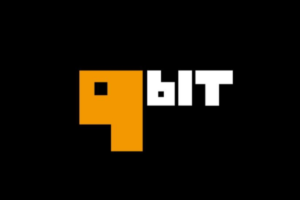Top 10 PumpSwap APIs Shaping Solana Development in 2025
Top 10 PumpSwap APIs: Solana has entered a new era in 2025—and at its heart lies PumpSwap, the DEX that transformed how memecoins are created, traded, and analyzed. In an environment defined by speed and unpredictability, developers aren’t just writing smart contracts—they’re wiring together systems that need to monitor tokens, parse transactions, and make decisions in milliseconds.
This is where PumpSwap APIs come in. Whether you’re building a trading bot, a portfolio dashboard, or a token alert system, these tools are your eyes and ears on-chain. The list that follows outlines the Top 10 PumpSwap APIs every Solana developer should know this year—each chosen for its performance, usability, and role in the growing Solana DEX development stack.
1. Pump.fun API

Source: moralis
At the center of PumpSwap’s infrastructure is its official API—designed specifically for memecoin deployment and interaction. The Pump.fun API allows developers to access project metadata, token stats, and creator information in real time. If you’re building anything that needs to surface trending tokens or monitor launch activity as it happens, this is the API to start with. It’s clean, well-documented, and essential for any front-facing application focused on token performance or virality.
2. Helius API
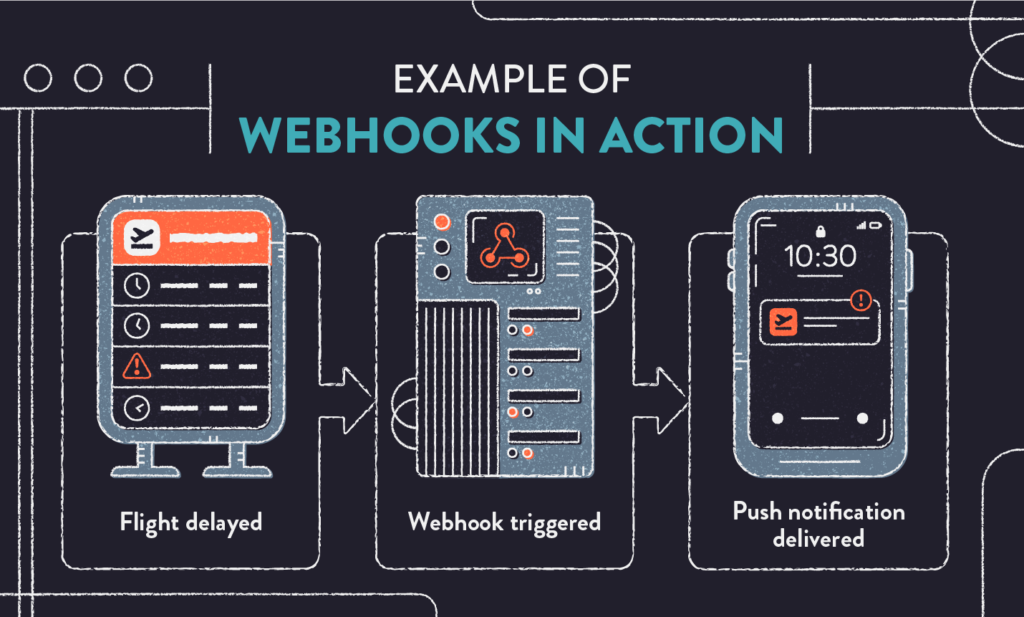
Source: CleaverTap
Helius remains one of the most developer-friendly APIs in the Solana space. What makes it invaluable for PumpSwap applications is its ability to decode raw blockchain transactions and translate them into usable data. Wallet tracking, token metadata, and webhook notifications allow you to follow buyer behavior and token flow across new PumpSwap launches. This is a critical API for anyone building bots, real-time analytics tools, or wallet-centric dashboards.
3. Top 10 PumpSwap APIs: SolanaFM API
SolanaFM provides deep, historical data with smart contract indexing that reaches far beyond surface-level token activity. For developers aiming to build tools that analyze the lifecycle of PumpSwap tokens—tracking from launch through peak and collapse—SolanaFM delivers structured access to that depth. It’s particularly strong in retrospective analytics, making it suitable for research dashboards and forensic tools focused on memecoin volatility.
4. Top 10 PumpSwap APIs: QuickNode API + PumpSwap RPC Support
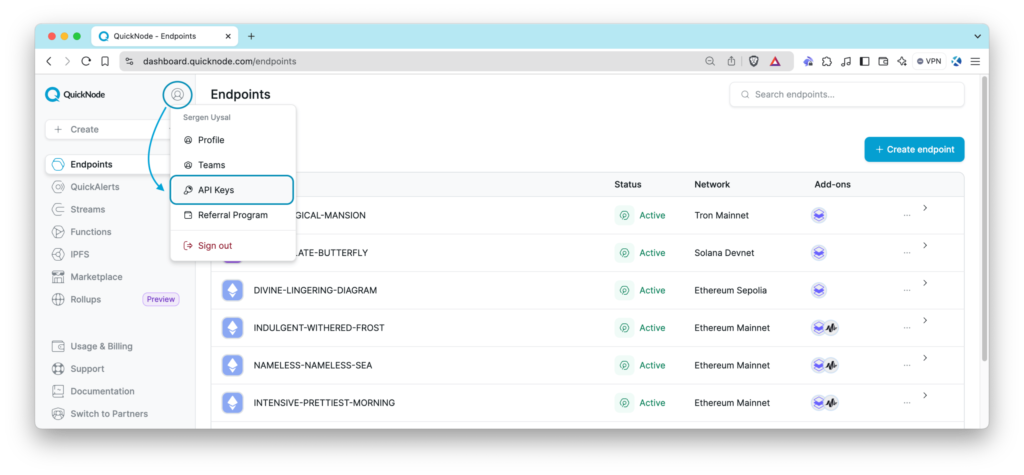
Source: QuickNode
Speed matters in DeFi—especially for bots and automated trading. QuickNode offers enhanced RPC endpoints and webhook services optimized for latency-sensitive use cases. With support for PumpSwap transactions, QuickNode has become a favorite for developers launching high-frequency tools, token snipers, and instant alerts. It’s often paired with other APIs like Helius to handle both speed and insight in one stack.
5. Top 10 PumpSwap APIs: Jupiter Aggregator API
Though not exclusive to PumpSwap, the Jupiter Aggregator API has added significant value by routing trades across all major Solana DEXs, including PumpSwap. Developers use this API to find the most efficient swap paths and ensure their bots or dApps are achieving optimal price execution. With PumpSwap now firmly in Jupiter’s routing logic, this API becomes crucial for any tool aiming to provide competitive pricing or arbitrage capabilities.
6. Triton API

Source: KrASIA
For developers exploring complex DeFi strategies like MEV (Maximal Extractable Value), the Triton API opens a new layer of customization. Built as an on-chain compute engine, Triton allows the deployment of logic that interacts directly with memecoin launches or liquidity spikes. While it requires a deeper technical understanding, it enables powerful features such as frontrunning simulation, smart strategy execution, and profit forecasting across PumpSwap pools.
7. Top 10 PumpSwap APIs : Birdeye API

Source: Bot Penguin
Birdeye is the API of choice for developers focused on clean user interfaces and real-time charts. It aggregates token price data, liquidity pools, and volume metrics—including those from PumpSwap—into lightweight endpoints perfect for dashboards, portfolio trackers, or widgets. Its design lends itself to mobile applications and web platforms targeting the retail DeFi user.
8. SolScan API
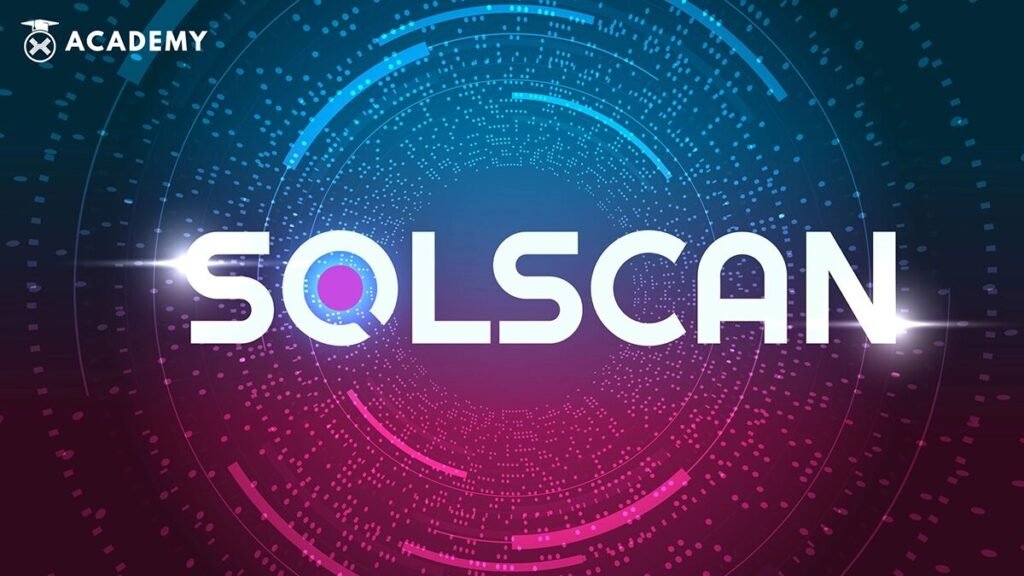
Source: Indodax
SolScan’s API is best known for its block explorer roots, offering developers detailed access to transaction history, wallet lookups, and token metadata. It may not be optimized for low-latency performance, but it excels in applications where accuracy and transparency are paramount. Developers use SolScan for logging bot actions, building security tools, or conducting memecoin audits on PumpSwap trading activity.
9. Jito Labs API
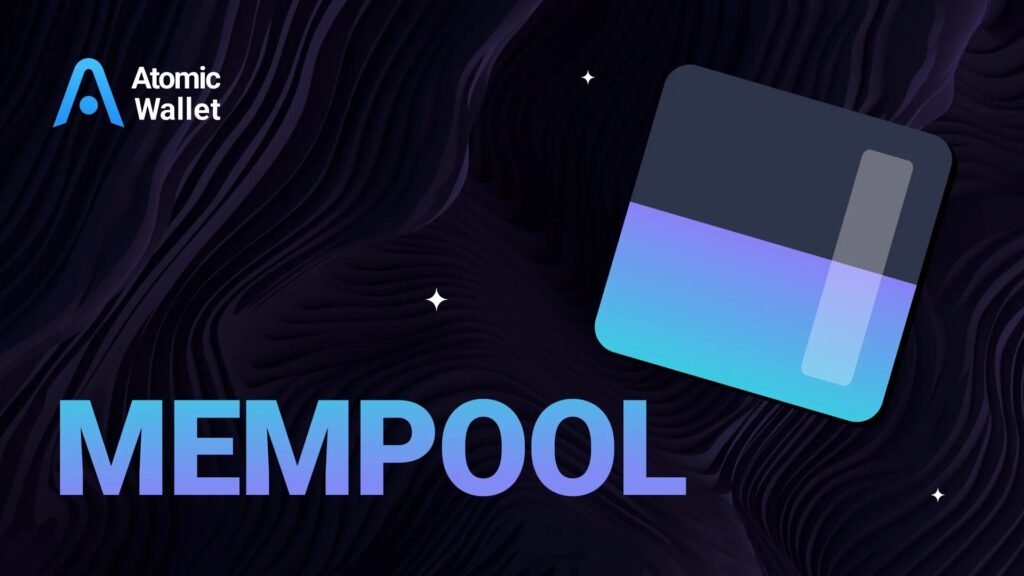
Source: Atomic Wallet
Access to Solana’s validator mempool is a competitive edge—and Jito Labs provides just that. While it’s more advanced than other APIs on this list, Jito is a powerful tool for developers focused on pre-confirmation analytics, transaction prioritization, and MEV-based trading on PumpSwap. The API can help predict trends or detect manipulative trades before they hit the blockchain.
10. Blockvision API
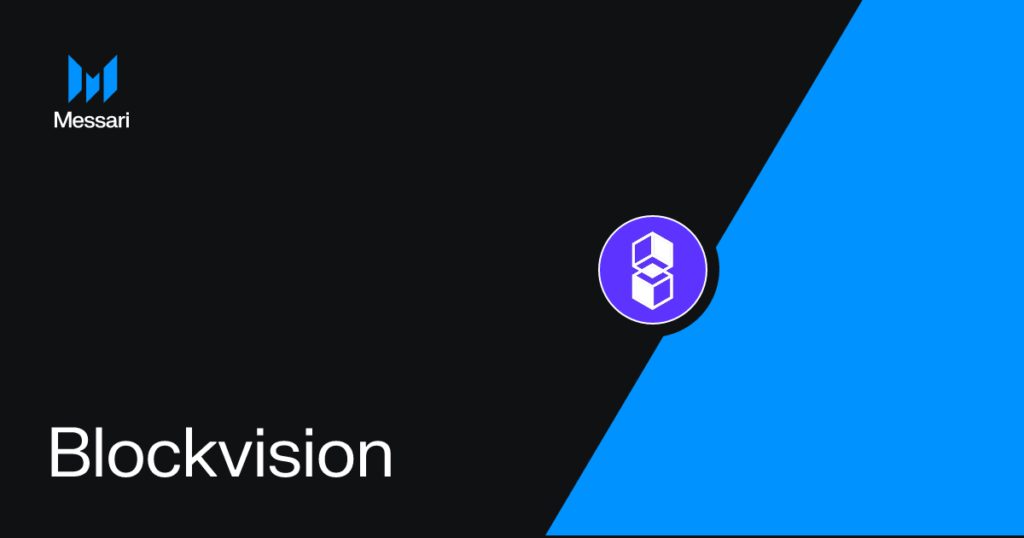
Source: Messari
For large-scale data operations and structured querying, Blockvision is a full-featured infrastructure platform with strong support for the PumpSwap ecosystem. Developers working on token discovery tools, scoring algorithms, or historical data analysis will appreciate its combination of REST and GraphQL endpoints. It offers broad indexing coverage and is particularly useful for trend analysis and cross-chain data correlation.
Comparison Overview
| API Name | Specialization | Real-Time Support | Best For |
|---|---|---|---|
| Pump.fun | Token launches, memecoin stats | Yes | Tracking new tokens |
| Helius | Transaction decoding, wallet insights | Yes | Trading bots, wallet analytics |
| SolanaFM | Historical data, smart contract indexing | No | Research dashboards, token trend analysis |
| QuickNode | RPC enhancement, webhook triggers | Yes | Latency-critical bots |
| Jupiter | Multi-DEX price routing | Yes | Arbitrage, swap optimization |
| Triton | On-chain strategy execution (MEV) | Yes | Advanced DEX bots and simulations |
| Birdeye | Token prices, charts, liquidity | Yes | UI dashboards, widgets |
| SolScan | Explorer data: wallets, tokens, txs | No | Audit logs, compliance tools |
| Jito Labs | Mempool access, validator-level data | Yes | Pre-trade detection, MEV strategies |
| Blockvision | Indexing, structured queries, GraphQL | No | Token discovery, analytics platforms |
Conclusion

Source: Gate Learn
As PumpSwap cements its place in Solana’s DeFi framework, developers are no longer just building apps—they’re building live systems that read, react, and adapt to market conditions. The Top 10 PumpSwap APIs in this list reflect the maturity and diversity of developer tooling available in 2025.
Whether your focus is on speed, data depth, memecoin monitoring, or DEX strategy execution, the right combination of APIs will define your app’s reliability and competitiveness. Many developers are now adopting a hybrid stack—combining Pump.fun, Helius, and QuickNode—to balance metadata access, transaction decoding, and speed. Others looking for more niche use cases may turn to Jito, Triton, or Blockvision for depth and edge.
In this fast-evolving space, understanding and leveraging the right APIs is not just good practice—it’s a strategic necessity for any Solana developer building on PumpSwap in 2025.



